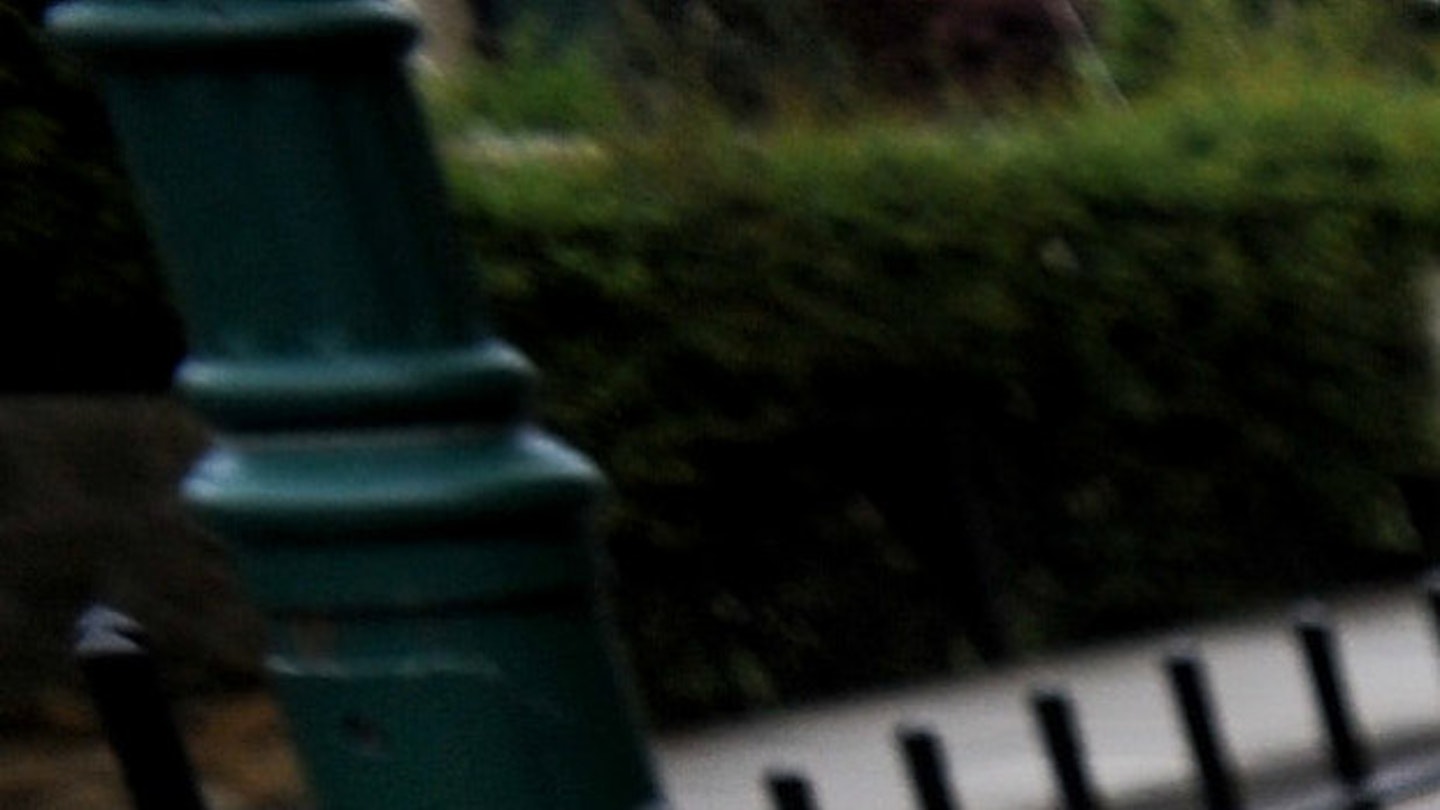Did you vote? And more importantly, who did you vote for? Four years ago there’s no way we’d have asked you that question. A secret ballot is one of the cornerstones of modern democracy. Plus discussing politics with casual acquaintances is a recipe for disaster. You might as well ask someone how much money they earn.
But that’s all changing. A casual glance down your Facebook wall or Twitter newsfeed since the Local and European elections last Thursday will probably tell you who 100 or so of your nearest and dearest voted for as everyone clamours to share which box they ticked.
A survey at the end of 2012 revealed that one in five Americans would share how they voted online, while this year, Facebook are rolling out their ‘I’m A Voter’ button, which allows you to share the fact that you voted with your friends, worldwide. This follows its’ success in the Indian elections in May (more than four million users clicked to tell people they had voted, in a country where 50 per cent of the population are under 30).
We have a secret ballot to prevent corruption and maintain democracy, but what else do we keep a secret these days? Everything we do is fodder for our Facebook pages or Twitter profiles, so it feels frankly unnatural not to share who we’re voting for. And as several headlines screamed last week, you can't even take a voting booth selfie!
Of course this is all part of a bigger problem, because the fact is, most of us aren’t voting anyway. Youth participation in the electoral process is notoriously low in the UK (earlier this some stats suggested that only 12% of under 25s were planning to vote at the next election). Figures for youth votes inlast week's European and local elections haven’t been released yet, but overall turnout at around 36 per cent, coupled with UKIP surging to victory in the European elections no doubt shows that we (the under 30s) weren’t exactly going out in droves to make our voices heard.
But why would we? For good or ill, most of our lives are lived on smartphones, tablets and laptops. Going into a musty church hall to put a cross on a piece of paper is totally alien to how we live the rest of our lives. And it hasn’t gone unnoticed. In March, Jenny Watson, the head of the electoral commission, suggested that we should move to online voting to capture the ‘Ocado generation’ that increasingly uses the Internet for banking and shopping. However, David Cameron has since said he opposes mobile voting, instead hailing voting and the ‘rain-sodden journeys’ to the polling station as a civic duty. Which is ridiculous on any number of levels.
The concept of democracy might have originated with the ancient Greeks (take that fact fans) but by keeping the process just as archaic, the powers that be are potentially turning an entire generation off politics, just at the age when we should be most engaged. It’s a vicious circle - we complain about the government and politicians not representing us, but we forget that they have been elected, and they are representative - of the people who went to the musty church hall to place a cross in a box in the first place.
We (the disenfranchised yoof) certainly aren't apathetic. This weekend in The Times, Janice Turner talks about a classroom experiment conducted by Beat the Ballot, where half of the kids in the class were given a sticker. Everyone then debated a big issue, like welfare or the death penalty. Finally the students were told to vote for where they stood on the issue. Those with stickers were told that their votes didn't count, and they were outraged. But that's the point, if you don't vote, you don't count.
Anything that reminds us that we do care, and what's happening around us is important, is a good thing - whether it's a Facebook button or a hash tag on Twitter. But will that be enough to get us to make the 'rain-sodden journey' to the ballot box? Sadly, we suspect not. And that's bad news for everyone.
Follow Rebecca on Twitter @rebecca_hol
This article originally appeared on The Debrief.
